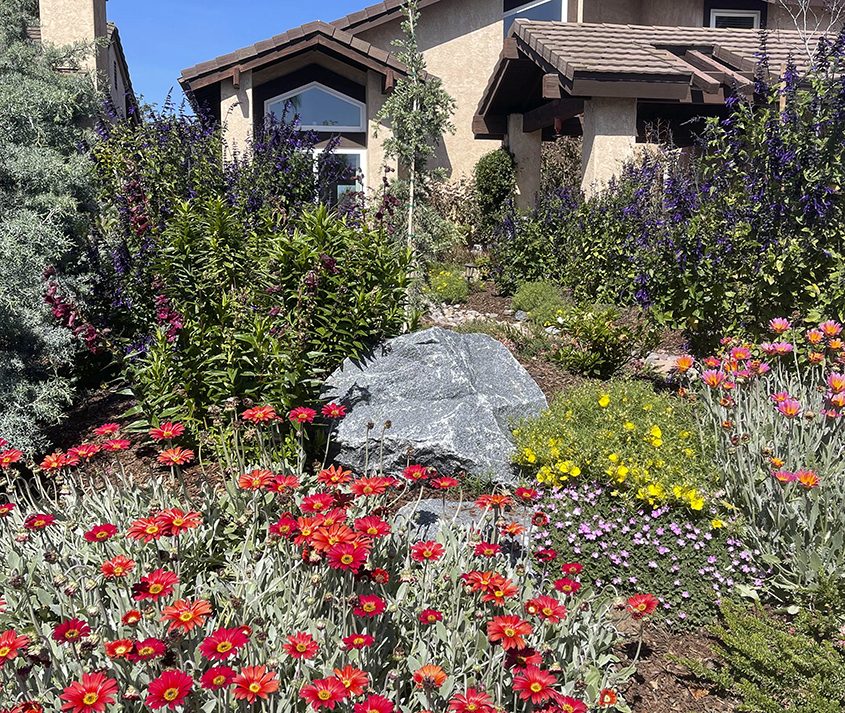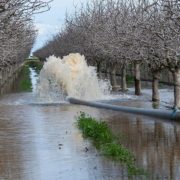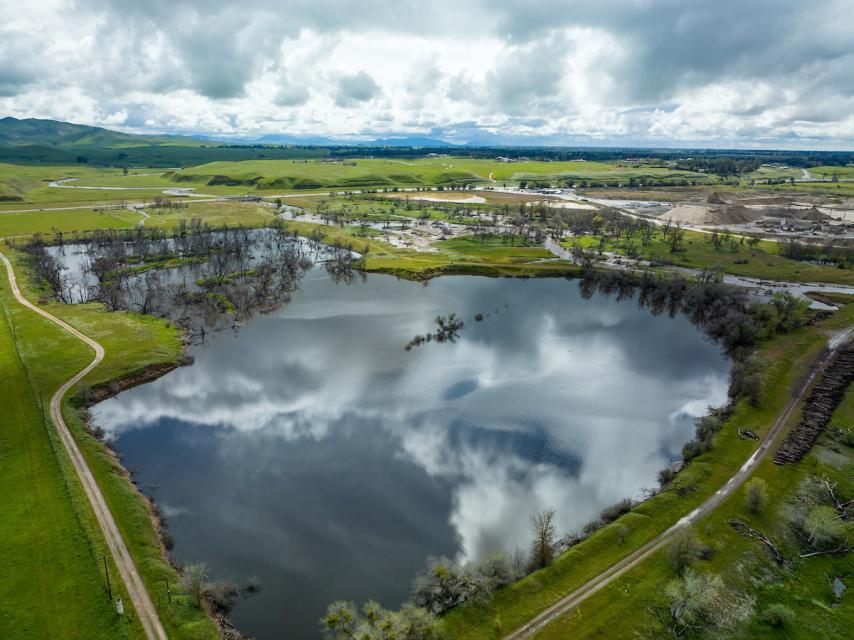The San Diego County Water Authority offers free WaterSmart classes, with both virtual and in-person options, taught by local landscape design professionals. Classes help participants understand landscape design and maintenance, soil identification and health, turf types and removal tips, plant selection, rainwater catchment, irrigation retrofits and project installation, whether completed as a DIY project or with contractor assistance.
Participants get the knowledge and skills they need to transform their yards into spaces that are water-efficient, sustainable, and beautiful year-round. The workshops are typically offered in spring and in fall clusters, with fall classes scheduled for September through November.
Five topics are available to choose from, including:
- Plan Ahead: Understanding Soil and Site Assessments
- Design: Shape Your Space
- Plants: Inspiring Choices for our Region
- Water & Irrigation: Utilizing a Precious Resource
- Installation and Maintenance: Protecting Your Investment

Residents will learn how to plan and design a landscape that is not only water-efficient, but also looks vibrant and attracts pollinators. Photo: San Dieguito Water District
Local professionals can help you create a customized plan
Participants who attend all five workshops and meet other program criteria can sign up to receive an in-home visit by a landscape professional who will help them create customized landscape transformation plans, through the Designer at Your Door service. For more information, visit sdcwa.org/your-water/conservation/classes.
“The workshops are designed to help residents create and maintain their own beautiful and water-efficient outdoor spaces,” said Debby Dunn, a water resources specialist for the Water Authority. “Most of our residential water use is outdoors in our landscapes. This is why learning how to create water-efficient spaces is a great way for San Diegans to continue doing their part to use water efficiently.”
Short videos offer an educational and entertaining experience
For people who prefer to learn at their own pace, the Water Authority offers short, entertaining and educational on-demand videos, with topics that mirror the workshops. To watch the videos go to sdcwa.org/your-water/conservation/classes and click on the videos link.
Low-water plants, improved irrigation technologies, and WaterSmart classes not only save water, but also reduce energy use, protect our natural resources, and create beautiful outdoor living spaces.
(Editor’s note: The “Thanks for Planting Me!” summer campaign offers gratitude to the hundreds of thousands of San Diegans who have transformed their landscapes using low-water and native plants as part of a larger effort to use water more efficiently.)







